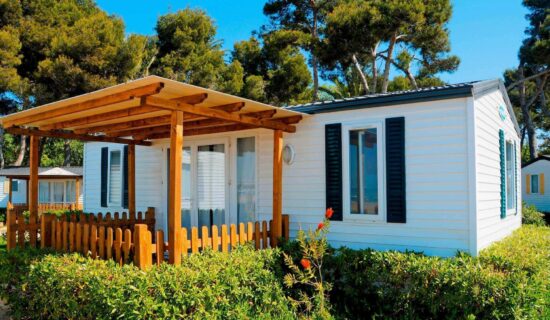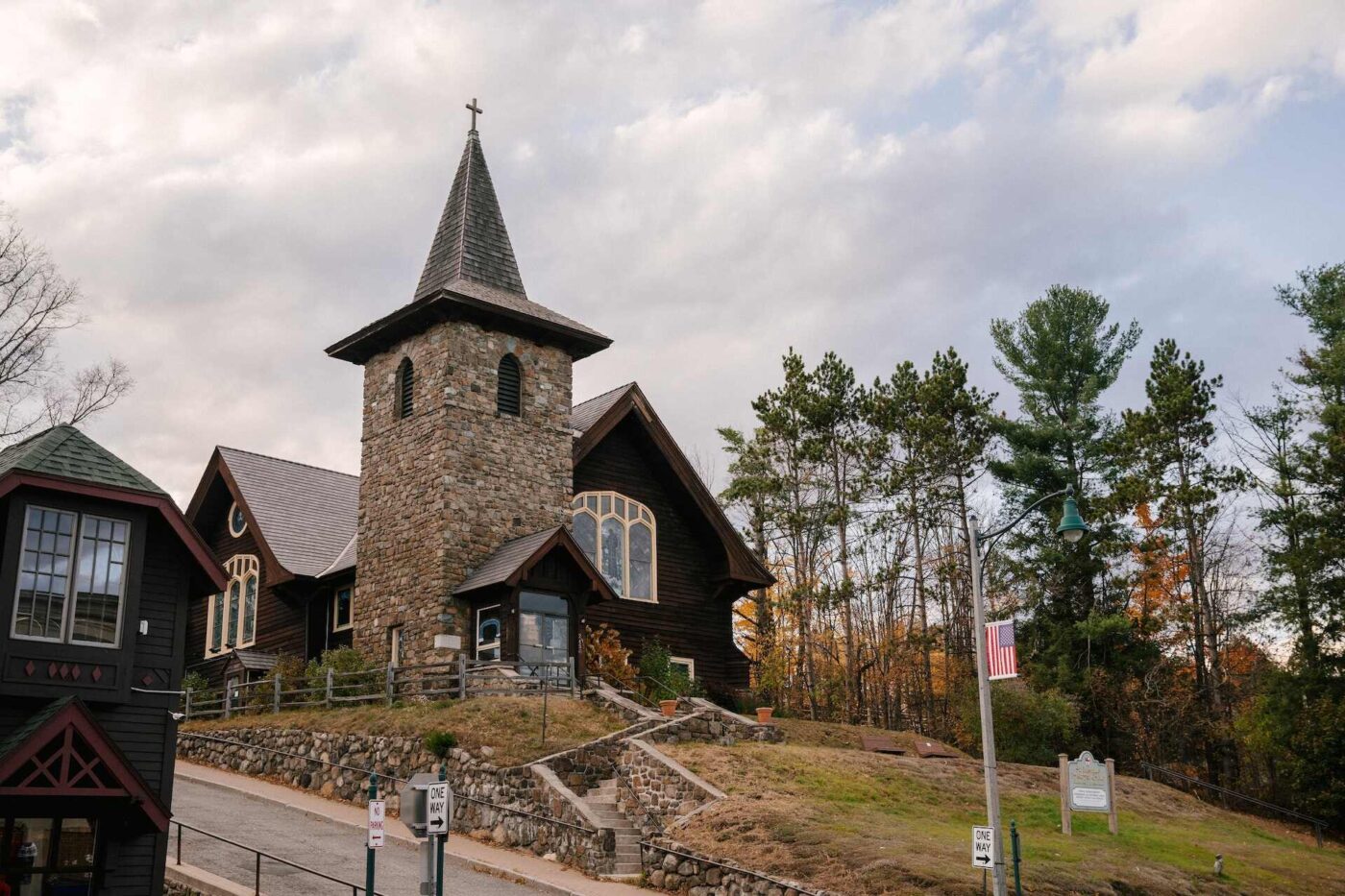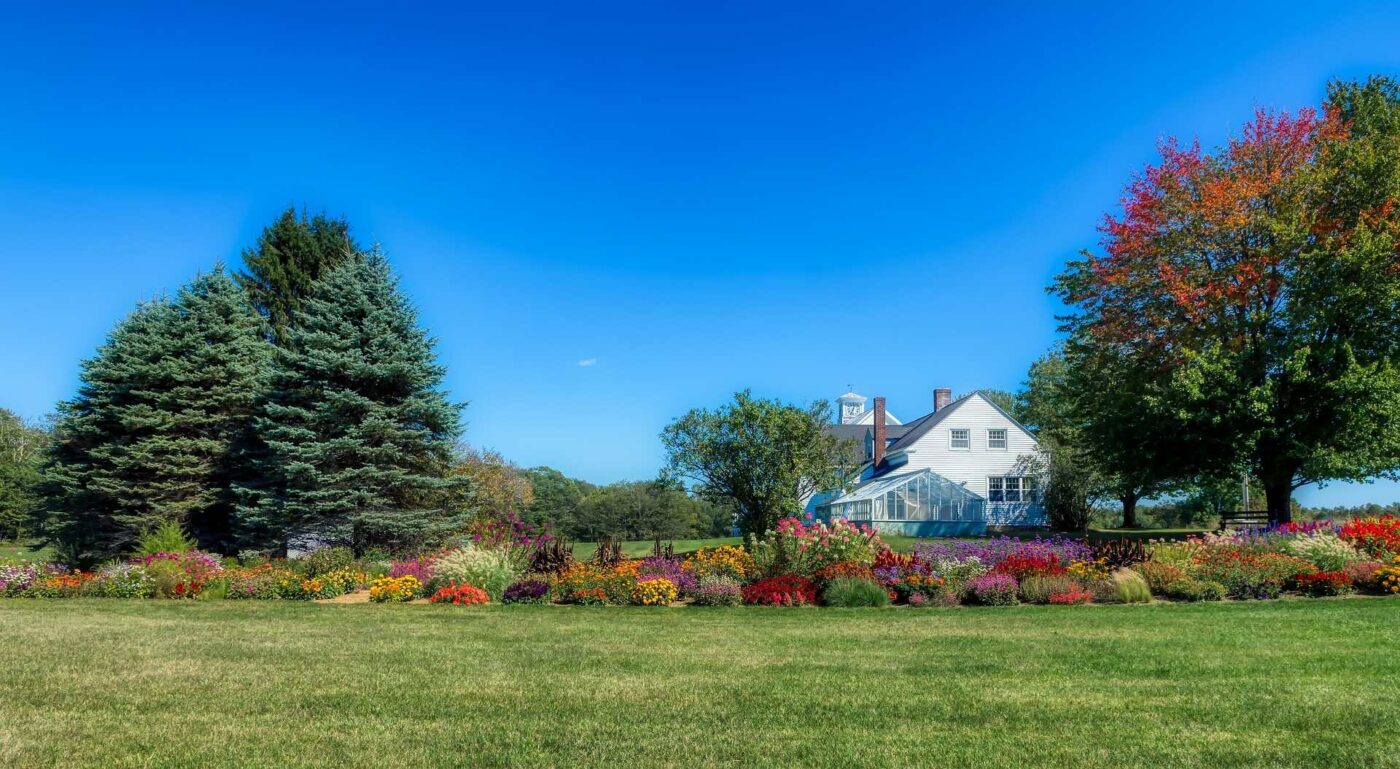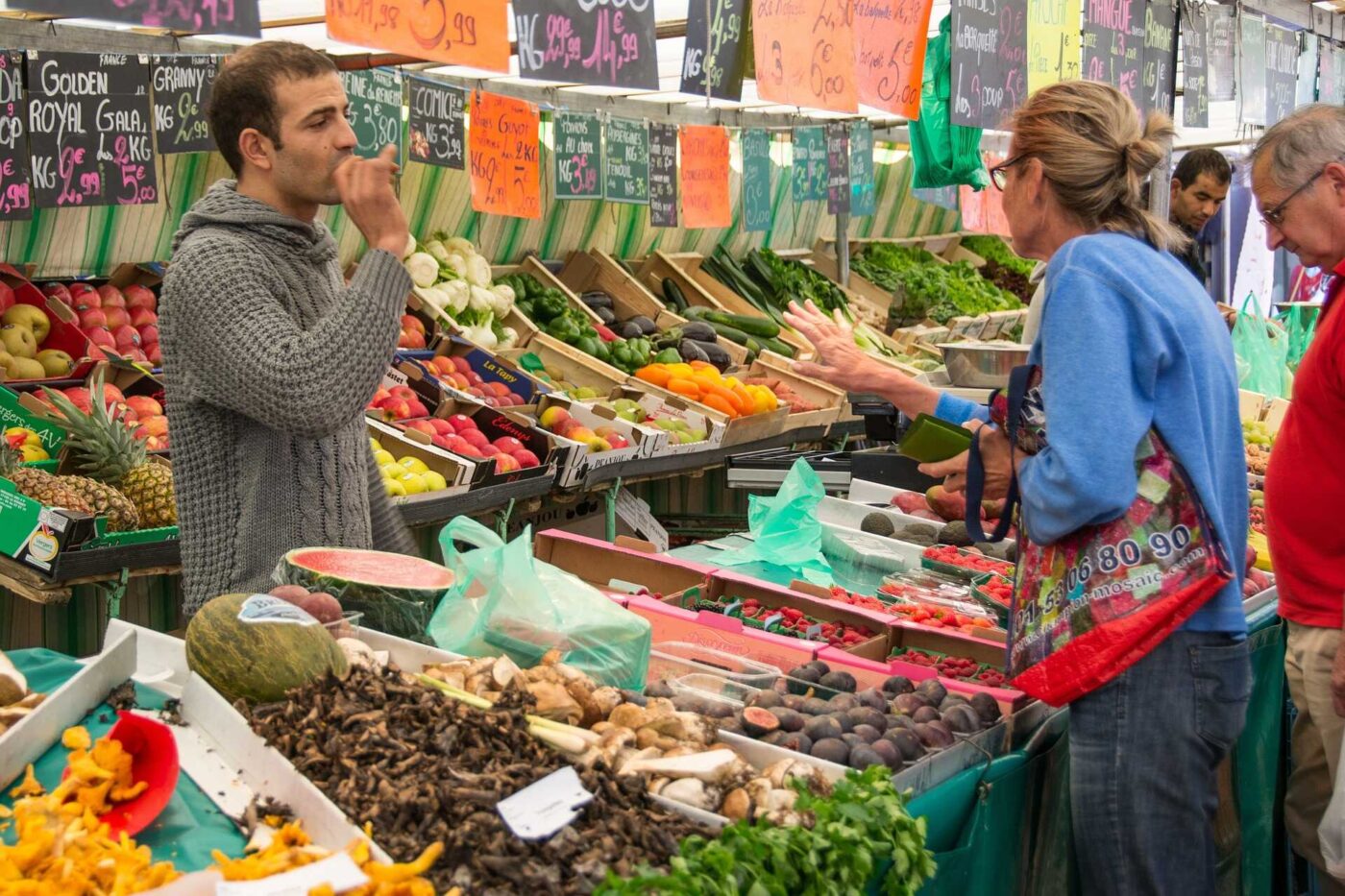The rural area offers fertile grounds to cultivate a diverse range of vegetables, fruits, and grains. Whether it’s a dedicated vegetable patch or a larger field for varied crops, the freedom to grow your own produce is both empowering and sustainable. This not only ensures that you consume fresh and organic produce but also significantly reduces the carbon footprint.
- Services
-
Cities We Cover
- Albuquerque
- Atlanta
- Austin
- Baltimore
- Boston
- Brooklyn
- Charlotte
- Chicago
- Cleveland
- Columbus
- Dallas
- Denver
- Detroit
- Eugene
- Hoboken
- Houston
- Idaho
- Indianapolis
- Las Vegas
- Los Angeles
- Miami
- Milwaukee
- Minneapolis
- New Jersey
- New York
- Palm Springs
- Palo Alto
- Philadelphia
- Phoenix
- Pittsburgh
- Portland
- Queens
- Reno
- Sacramento
- Saint Louis
- Salt Lake City
- San Antonio
- San Diego
- San Francisco
- San Jose
- Santa Ana
- Santa Barbara
- Santa Monica
- Santa Cruz
- Seattle
- Syracuse
- Washington DC
- Get a Quote
- Blog
- About
- Contact Us













